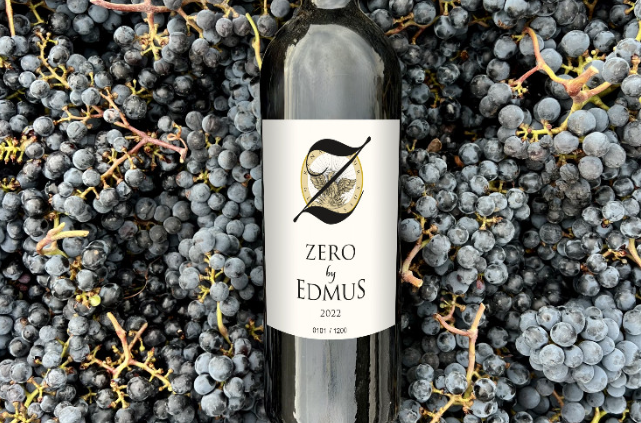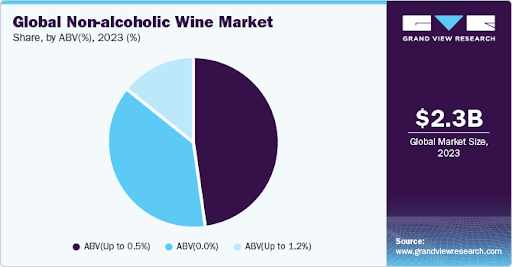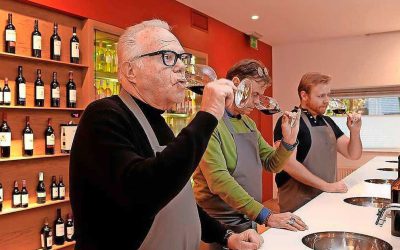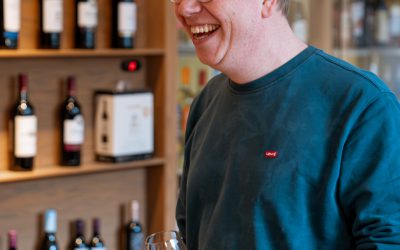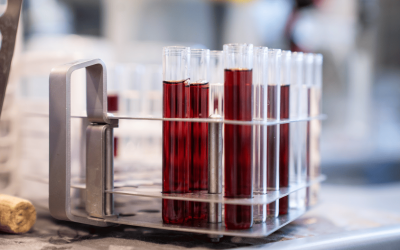Once taboo, now lucrative, dealcoholized wine is reshaping consumer preferences and is a 2.3B$ market globally.
However, defining quality remains a challenge for producers and distributors alike, highlighting the need for clarity on what constitutes dealcoholized wine amidst various alternatives.
Grape juice is not dealcoholized wine
Dealcoholized wine retains wine flavors after removing most alcohol, unlike non-alcoholic juices that preserve natural fruit flavors. Dealcoholization methods, including vacuum distillation, reverse osmosis, or spinning cone technology, remove alcohol while preserving wine flavor compounds, varying in process and temperature. Dealcoholized wines are increasingly common in wine shops and investments in alcohol-free shops like Club Soda in the UK, World of Nix in the Netherlands, and Boisson in the USA, further drive market growth.
From pregnant women to Gen-Z
Dealcoholized wine has transitioned from a niche to a mainstream choice. Initially catering to expectant mothers, the market lacked the scale to drive significant R&D for improvement. Yet, a shift towards conscientious consumption, among affluent demographics and younger generations, expanded the niche. Today, the main consumers of dealcoholized wine are folks over 35 with an average income exceeding $100k. Moreover, Gen-Z’s curiosity about beverage contents fuels demand, favoring low-calorie options, like a 9-calorie glass of Pinot Noir.
Quality versus quantity
Beyond hydration, the allure of any drink is the experience it offers, with wine standing as the most subject of all. At Meron Quality Institute, we want objectivity, ensuring 95% immunity to subjectivity in our assessments, and enabling contextual data capture quality. Premium dealcoholized options continue to emerge, for instance, Château EDMUS Cuvee Zero by Edmus, presents the essence of a Saint Emilion Grand Cru without alcohol. Similarly, FRENCH BLOOM La Cuvée 2022 Blanc de Blancs, priced at over 100€, boasts complexity in aroma and flavor akin to a mature sparkling wine, despite its youth.
Data means business, literally
The shift towards contextual and data-driven wine analysis has transformed how we assess alcoholic versus non-alcoholic wine. Concrete chemical compositions and sensory profiles allow us to ID a wine in all its components. These findings illustrate that well-executed dealcoholization methods can preserve flavors, aromas, and textures with precision. This emphasis on empirical evidence, allows the experience to shine. While industry opinions vary, early indications suggest that quality will emerge as the primary differentiator between successful options and passing trends.
Are you considering a decoholized version of your wine? Send us a sample and understand how you can improve the process to make your 0% alcohol be 100% taste.
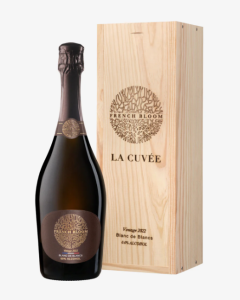
Market data: NielsenIQ, Grand View Research
